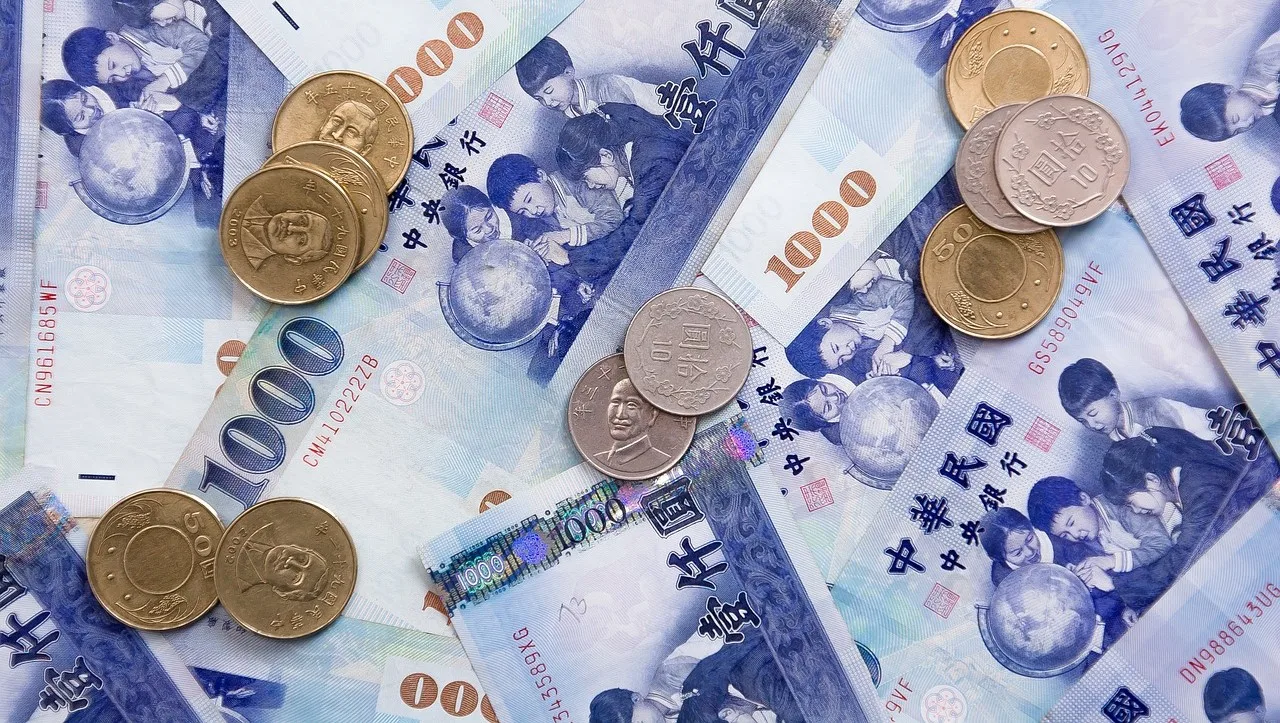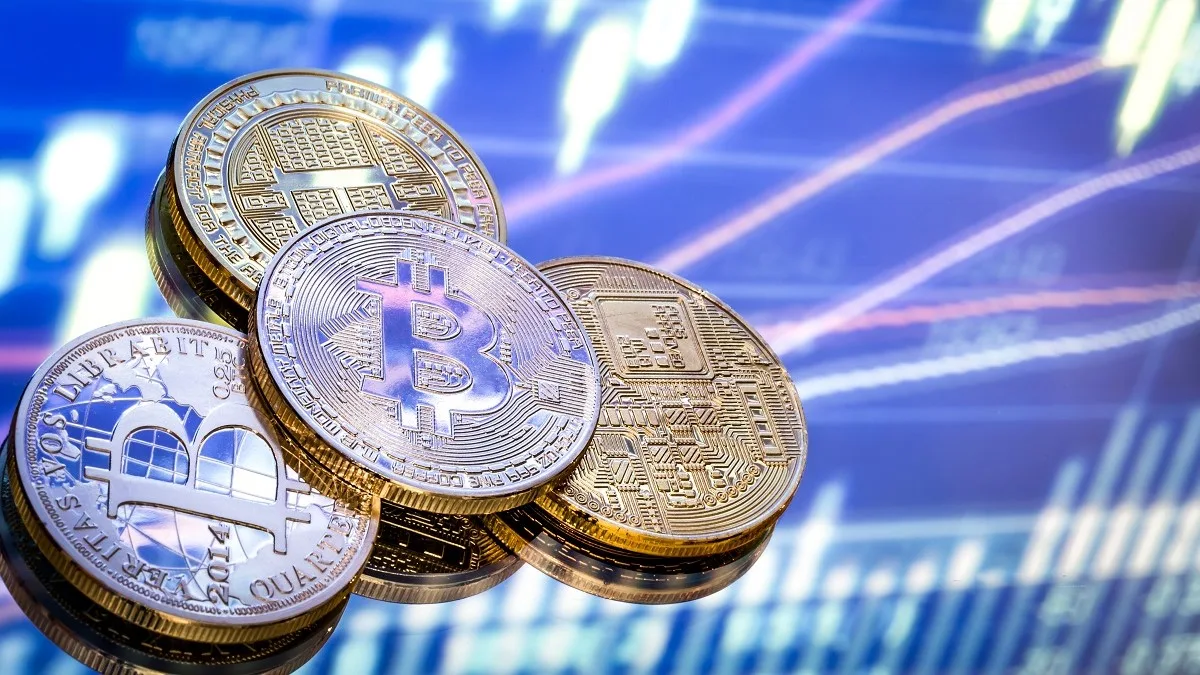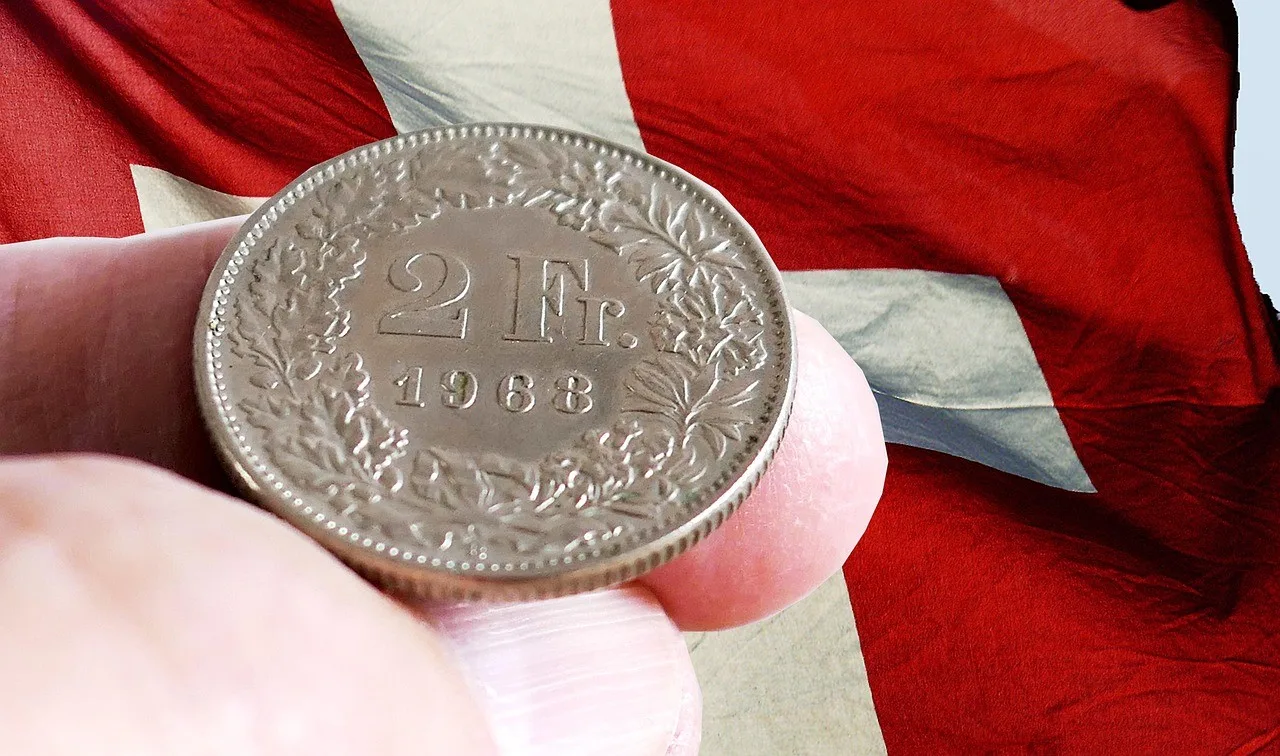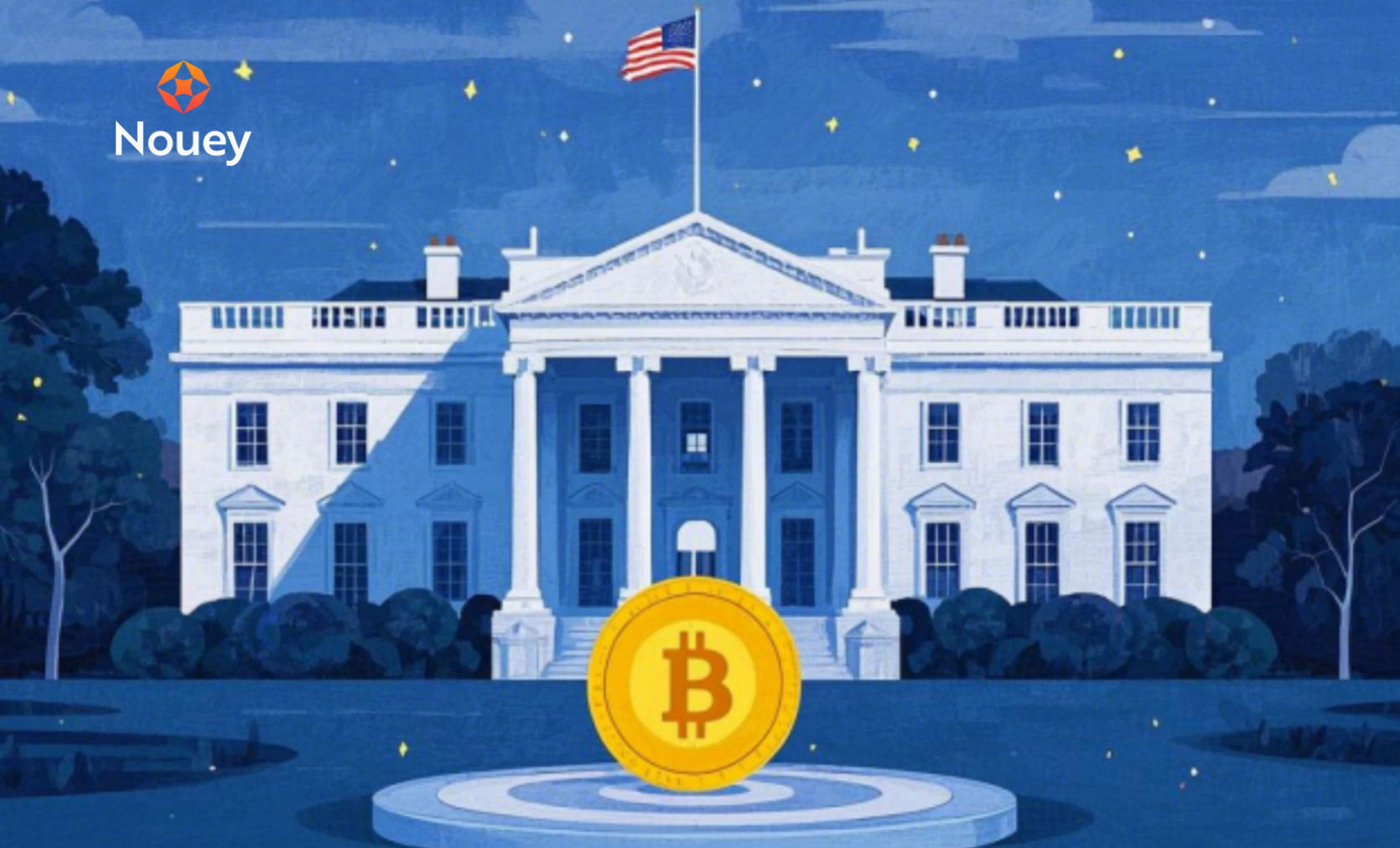
The Concern of European Companies Over the Strong Euro
European companies are losing sleep over the strength of the euro. The single currency has risen by approximately 10 percentage points against the US dollar since the beginning of the year, posing a problem for exports from the Old Continent already dealing with tariffs imposed by US President Donald Trump.
Current tariffs on American imports from Europe stand at 10%, but could increase to 20% if a trade agreement is not reached during the 90-day truce granted by the White House. European companies would struggle to sell their products in the US with such a strong euro, risking a decrease in demand. Moreover, profits earned in the US in dollars would be lower once converted into euros. Many companies hedge against currency dynamics, but a prolonged rally of the euro would squeeze revenues and earnings.
Strong Euro Alarm Bells for European Companies
Several European companies have raised concerns about the challenges of a strong euro, warning investors that they may face backlash on their balance sheets in the coming months.
Dominik Asam, CFO of the German tech giant SAP, stated that every 0.01 strengthening of the EUR/USD exchange rate would reduce annual revenues by 30 million euros. The company uses currency hedges, but once these expire in 2026, “we will truly feel the exchange rate,” Asam added. Heineken also sounded the alarm, suggesting that the surge in the euro could reduce adjusted earnings for 2025 by 180 million euros. Hilary Maxson, CFO of Schneider Electric, echoed the concerns. In her opinion, the dollar’s weakness against the euro will slash the yearly revenues of the electrical equipment manufacturer by a whopping 1.25 billion euros. German meal kit supplier HelloFresh warned that if the EUR/USD were to settle at 1.14, the company’s adjusted operating income would suffer a loss of 28 million euros.
Analysts’ Perspectives
The impact of the strong euro is being felt in the stock market. Shares of companies that export extensively, such as Stellantis, SAP, and Daimler Truck, have underperformed the overall stock market this year, according to Barclays. Robin Winkler, Chief Economist for Germany at Deutsche Bank, stated that “the strong euro is exacerbating the tariff shock and damaging the competitiveness of European companies in foreign trade.”
HSBC analysts also cautioned that the strength of the single currency could “significantly influence the earnings of companies in the FTSE Europe index,” leading them to lower their earnings growth forecasts for this year. Trevor Greetham, Head of Multi-Asset Investments at Royal London Asset Management, reduced his exposure to European stocks due to “a combination of the strong euro and Trump’s policies.”











